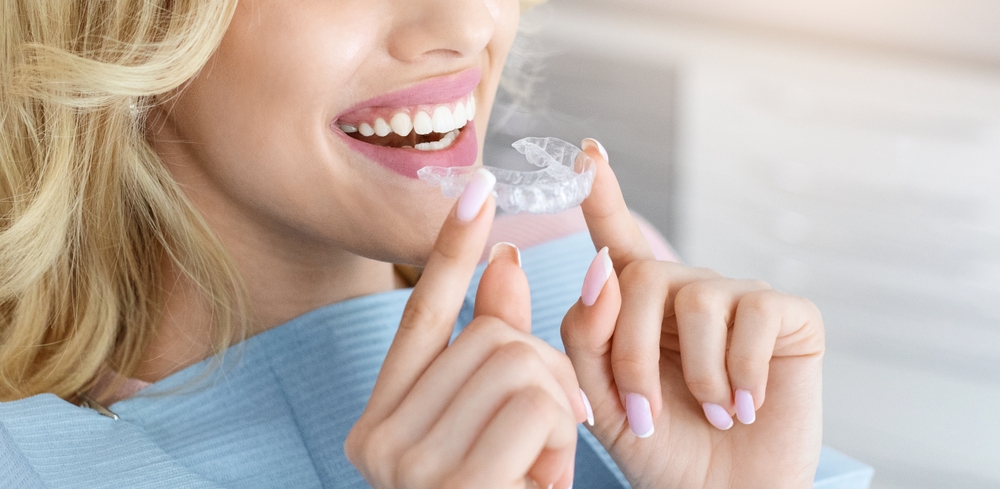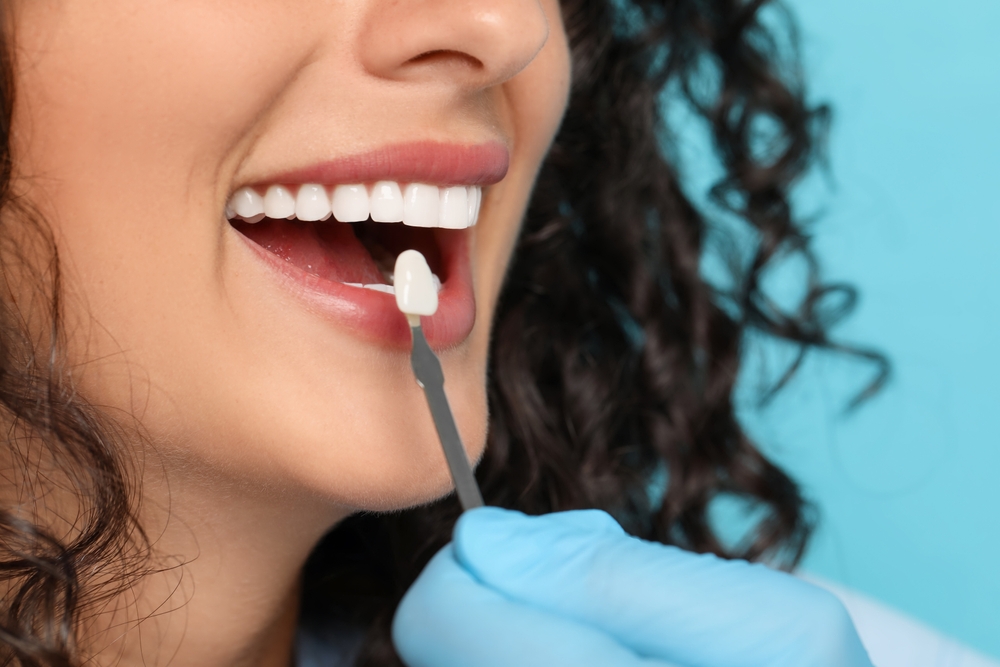Did you just get a dental filling and are not sure what to do next? A lot of people get composite fillings in Harrisonburg, but many do not know how to care for them. Fillings are designed to protect teeth and stop more damage, but they still need to be cared for. Failure to care for them can lead to pain, cracks, or another cavity. Let’s take a look at what to avoid and how to care for your filling to last for years.
Why Is It Important to Take Care of a New Filling?
When you receive a filling, the dentist is repairing a tooth that has experienced damage from decay. The filling works like a shield, sealing off the weak part of the tooth. Fillings are not unbreakable; they can wear, chip, and become loose if you are not careful. This is why dentists often remind patients to treat all fillings carefully from the moment they are placed. You probably don’t want to go in for more dental treatment later.
Foods To Avoid After Dental Filling
Your diet matters a lot when it comes to protecting a filling. Your tooth may feel sensitive immediately after treatment. Food can also damage your teeth or weaken the filling. Over the next couple of days, avoid:
- Sticky foods like caramel, taffy, and chewing gum. These have the potential to loosen your filling by pulling on it.
- Hard foods such as nuts, ice, or hard candy. Biting down on these can crack or chip your filling.
- Very hot or very cold foods like ice cream or hot soup. Your tooth may be sensitive, and sudden temperature changes can cause pain.
- Sweet beverages and foods, such as soda or candies. These cause cavities, which can form around your filling.
It’s best to choose soft, gentle foods like yogurt, bananas, or rice for the first day or two. After your tooth settles, you can slowly go back to your normal meals—but always chew carefully.
Can You Chew Normally Right Away?
After getting a filling, your dentist may tell you to wait until the numbness wears off before eating. If you chew too soon, you might bite your cheek or tongue without realizing it. Once the numbness is gone, you can eat—but start slowly. Try chewing on the opposite side of your mouth to avoid putting too much pressure on the new filling. Over time, you’ll be able to chew normally again.
Do Fillings Need Extra Care at Home?
Yes, the maintenance of a dental filling at home is just as much responsibility as the dentist’s effort. Here are a few simple tips:
- Brush your teeth twice a day with a soft toothbrush.
- Floss carefully to avoid having food stick around your filling.
- Don’t bite your nails, chew on any pens, or grind your teeth. These bad habits can cause wear to your filling.
- Use a fluoride toothpaste or mouthwash to help strengthen your teeth.
Practice good home care, and not only will your filling last longer, but your whole mouth will be healthier as well.
How Often Should You See the Dentist After a Filling?
It’s quite common that the fillings have to be checked even if they have been taken good care of. That is why dental checkups after fillings have such great importance. Besides ensuring that the filling is still in good condition, the dentist will also be on the lookout for any other problems. If you are feeling pain, have found a crack, or noticed a dark spot near the filling, do not wait—make an appointment immediately.
Most dentists advise that patients should visit them every six months; however, your dentist may recommend more visits if you have a lot of fillings.
When Should You Call a Dentist Right Away?
Sometimes, when a filling needs repair, it will give you some warning signs. Call a dentist near you if you experience:
- Severe discomfort when chewing or biting
- Sensitivity to hot, cold, or sweet items
- A jagged or sharp edge on the filling
- Food is lodged around the tooth.
- If any portion of the filling loosens
If you are able to get in quickly to see a dentist, it can prevent more involved treatments down the road in order to preserve your tooth, prevent needing a root canal, or, in the worst-case scenario, prevent infections or tooth loss.
Why Is Professional Advice So Helpful?
Your dentist is the expert when it comes to dental fillings that look and feel good. They accomplish such a check by using some special tools. Even if you think everything feels fine, the dentist can find the trouble in its early stage, which means you will not have to face a big problem. It is for this reason that regular visits are the best way to protect your fillings.
Ready to Protect Your Smile?
It is not a must that you have a hard time with your new filling. You can have strong teeth for many years by staying away from foods that are not good for you, practicing good oral habits, and having regular visits. We at Blue Stone Hills Dentistry are always ready and willing to support you in keeping your smile healthy. Whether you are in need of the correct way of doing your fillings or want a dental checkup, our lovely team is at your disposal. Make a call to us today to schedule an appointment and let us take care of your smile!






